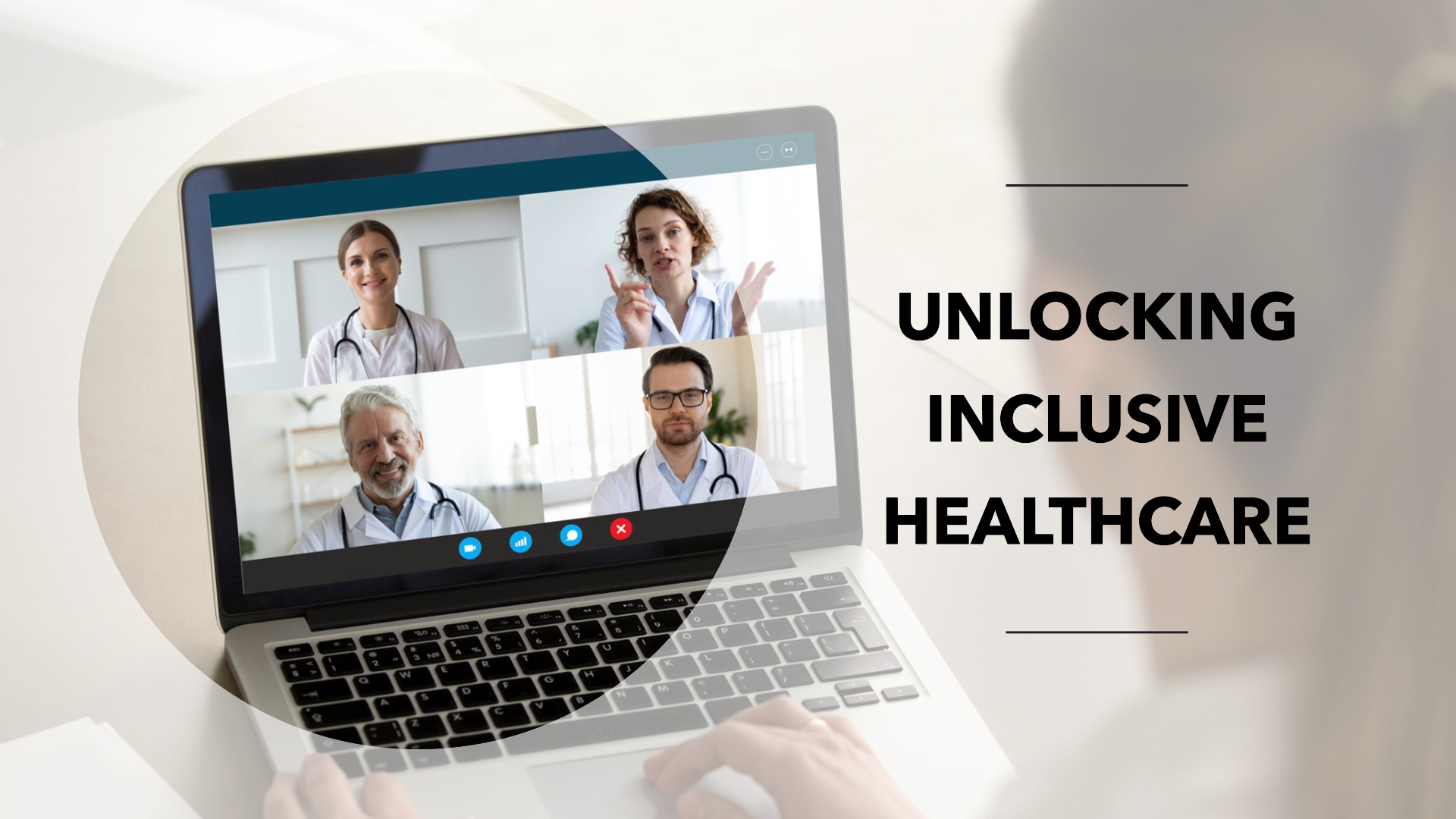Digital health solutions to manage diabetes are rapidly changing from simply tracking blood sugar values to far more comprehensive capabilities such as supporting clinical decisions, enabling behavioural changes and proactively managing the condition. Further (radical) changes are expected. What kind of further developments will we see? What are the trends we can currently see in diabetes treatment? Based on my observations made over the last months, I can predict following 6 trends.
1. Contextual data (beyond BG) and its analysis will start playing an important role.
Diabetes has always been a data-driven condition. There are probably millions of pages of log- books filled with blood glucose values over the last decades based on the assumption that tracking the data will allow HCP to make better clinical decision. The reality shows that neither data collection nor data analysis are trivial tasks. Only 50% of entries in the log-books are correct and frequently HCP are not able to correctly detect patterns based on the data available. Those challenges are going to increase as more (contextual) data will start playing an important role in diabetes treatment. Thanks to technology, we generated 90% of all world’s data over the last three years. We know how much we sleep, we can track what we can eat, we can measure how much we walk, our stress level, our medical expenses and find the rating of our HCP based on the experience of other patients. Since there are several factors influencing blood glucose levels, it is necessarily to review other physiological and psychological data. It has never been so easy to collect information about movement, nutrition intake, perspiration, heartrate or stress We have never known as much. . However this data is not generated by dedicated diabetes devices, but will become part of diabetes treatment as it provides crucial contextual data that can improve clinical outcomes.
Data does not necessarily lead to better clinical outcomes, unless processed in a meaningful way. Several players are right know developing expertise in data mining in order to use the data we have in the best possible way. Over the last year, IBM Watson has signed cooperation agreements with 12 diverse health-related companies and further possible partnerships are under discussion. These players are trying to use IBM Watson’s power to find causalities and correlations still unknown, define algorithms to better predict and determine health status, health related expenses and pay-offs of treatment.
2. Payment models will be increasingly based on clinical outcomes (health status will not be only measured by BG)
Meaningful data will also allow to measure clinical outcomes, allowing insurance to better determine and calculate their spending. Due to the accessibility of more data, the definition of the clinical outcome can be expected to change as well. The original HbA1c will be supplemented with further health related KPIs such as stress, life expectancy, life quality or calculated health score (calculated based on health related (contextual) data points).
Due to the growing number of chronic patients, insurance companies are increasingly interested in finding better ways to share their financial risks associated with the complication of chronic conditions. The gradual transition from service to outcome oriented healthcare systems can be observed in several markets. The most progressive is probably Medicare with a decision to pay 50% of reimbursement based on outcomes by the end of 2018.
The shift in payment models will also have an impact on health care delivery. Once the outcomes are those measured and paid for, the definition of the methods of delivering health care will be obsolete, opening the door to telemedicine and remote consultations.
3. The role of the HCP in the treatment of chronic conditions will change
Probably the biggest digital health trend affecting HCP and their daily work will be the establishment of remote visits. In the last year, big players like Teladoc or Doctor on Demand have showed significant growth in the area of telemedicine in the USA. Nevertheless, so far we are talking about a small group of HCP using technology to offer remote consultations. Over 80% of doctors have so far rejected telemedicine due to the lack of training, equipment or reimbursement. Outcome based models will be a significant game changer.
Furthermore, in the future, the experience and know-how presently restricted to HCP will be accessible and understandable for patients. Knowledgeable patients supported by digital offerings and social platforms (e.g. PatientsLikeMe) will expect more detailed and personalized explanations from doctors about clinical decisions. With that, I expect doctors to seek tools that will allow them to give better consultations; tools to better gather and analyze patient-specific data.
If doctors increasingly make decisions based on pre-processed data, what will be their role? Their role will be to communicate with the patients on a more personal level, to make more human diagnosis. Consultation time will be less filled with gathering, analyzing and explaining patient data and more with understanding individual risk factors and obstacles in conducting lifestyle changes.
3. Prevention will play an increasingly important role
Chronic conditions will be diagnosed at an earlier stage. Frequent screenings and affordable and available genetic testing (23andme as an example) will allow earlier detection of chronic conditions. Individuals (following recommendations of their insurance companies) will seek preventive programs leading to increased popularity of preventive digital health solutions. As these solutions are not targeting patients, they will most likely choose lighter, more playful approaches with the use of coaching, gamification or wellness offerings. The first preventive clinic in Shanghai opened last year and within a very short time it already had 2500 users.
One of the main challenges is that it is difficult to measure prevention and the success rate of preventive methods. That is why other health KPIs will be agreed upon (not clinically oriented HbA1c, but BMI or body weight).
Medicare in the US decided in March 2016 to reimburse digital health prevention programs. Similar moves can be expected in other countries. Preventive solution will be the first contact with PwD and the way to establish patient loyalty. That is why I expect players from the glucometer industry to start moving into prevention as well.
4. Technologically empowered patients will manage their condition more easily, a will be able to better define a healthy lifestyle
Managing diabetes means taking medication, measuring BG, taking insulin. But it also means establishing a healthy lifestyle, eating better, minimizing stress, getting enough sleep and exercising. Clinical outcomes depend on both the patients’ adherence and their willingness to change behavior and lifestyle. Digital solutions will help to manage all of theat.
There are already hundreds of diabetes related tools on the market (mostly designed by DT1 Patients) that help with daily diabetes-related routines. These solutions support PwD in their decision regarding dosage, nutrition or diet. They help calculate, adjust, estimate, track or simply connect with others. No matter if this is used for bolus calculation, finding a recipe for a meal and getting a recommendation for a good low-carb restaurant in the neighborhood or the nearest park to do some physical activity: technology helps. Technology can make diabetes management easier and provide support to PwD when HCP is not available and between visits and consultations. Digital solutions for PwD will ultimately provide more pro-active data-based real-time advices, such as: you may need some rest now, you ́d better eat something now… These suggestions will be based on predictive and self-learning algorithms and will guide PwD in their daily decisions. Abbot started analyzing the industry of prediction few years ago and has already showed that a combination of 5 algorithms can lead to a prediction accuracy of 80%. Now, combined with the power of IBM Watson, they can bring an app that will give a 90% prediction accuracy
So far, data connection has been challenging and data entry is still not really hassle-free. In order to bring all the data together, and increase usability, Apple announced its CareKit as a framework of apps to engage and empower patients to be active in managing their conditions. Also, hospitals will start releasing patient-centered mobile offerings or even their own app store to increase patient engagement.
5. Remote coaching will provide emotional help and support behavioral changes
The emotional aspect of the condition has been neglected for a long time. Now, with digital health, there are several tools emerging to help PwD to reduce stress, guilt and fear; feelings often reported by patient with diabetes. Remote digital coaching or social groups for PwD will play an important role in treatment.
“PwD have to cope with the diagnosis, cope with the daily challenges, face the fear of complications, incur expenses, carve out time for medical visits and self-care, and still, unfortunately, some people will develop complications and have to deal with frustration, fear, depression, burn-out, embarrassment and so on,” S. Shafer – diabetes educator at UCSF Medical Center.
Suggested lifestyle changes should be personalized, considering religion, age and financial means. That is why Omada recently created a preventive program specifically targeting the low income population with recipes and activities that do not require financial efforts.
6. New data providers
New devices and data providers will appear on the market. Several new wearables will appear, smart health clothing measuring vital parameters will be used more frequently, also the car industry will start collecting data, televisions already generate behavioral data and google collects information about consumption. We will be able to better track nutritional intake, behavior, mood, cravings, hunger and physical activity. Also, vision testing and diabetic foot measurements will be done with modern sensors. I expect some wearables to become medical devices that will be considered the same way glucometers are in the treatment of diabetes.
All these solutions will provide data that (once processed) will guide PwD and HCP in their daily decisions.
Exciting years ahead? For sure!
Posted by:
Business Development for digital health and new business models
Roche Spain
More articles:
– VentureFest East – Innovation Event
– Pharmacy’s reform to align with digital health developments






